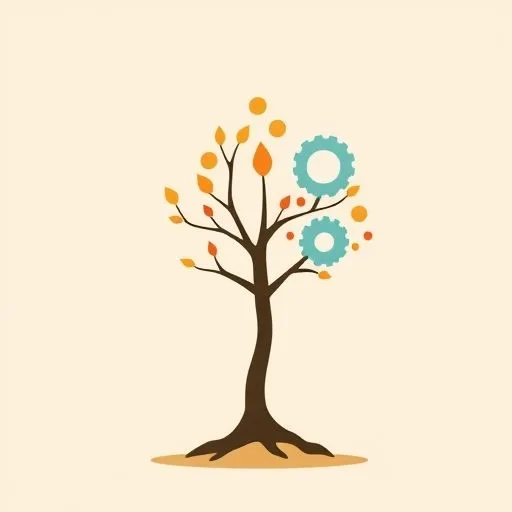
The news about OpenAI backing ‘Critterz’—a feature-length AI-generated film—arrived on my screen like a plot twist nobody saw coming. That evening, I was walking my seven-year-old daughter home from school when this headline popped up—she was chattering about her latest crayon masterpiece while I marveled at how technology keeps reshaping our world. With that crisp autumn air settling over our neighborhood, I found myself reflecting on how this story isn’t really about Hollywood at all. It’s about all of us watching technology reshape our professional landscapes, wondering where we fit in this new narrative. Back home near the playground, my daughter and I sketched her own forest creatures—sometimes AI can even inspire a crayon doodle session! The numbers tell a sobering story: over 200,000 entertainment jobs potentially disrupted, with character design, 3D modeling, and voice work particularly vulnerable. But behind these statistics lies a more human question—how do we navigate change without losing our creative spark?
Beyond the Budget: What Critterz Really Represents

Honestly, Critterz isn’t just another cartoon—it’s like a friendly tap on the shoulder, reminding us tech’s changing the rules of our creative playground! With a $30 million budget and nine-month production timeline, it challenges everything we thought we knew about traditional animation workflows. OpenAI isn’t merely providing tools; they’re actively demonstrating how generative AI can accelerate concept art, environment design, and even visual development. The project represents a fundamental shift from AI as assistant to AI as collaborator.
Yet here’s the fascinating part: human creativity remains at the center. Voice actors still bring characters to life. Artists refine AI-generated assets. Writers shape the story of forest creatures facing mysterious strangers. This isn’t replacement—it’s reinvention. The most successful professionals I’ve seen aren’t those fighting change, but those asking: ‘How can I work alongside these new tools to create something neither of us could achieve alone?’
The Skills That Will Never Go Out of Style
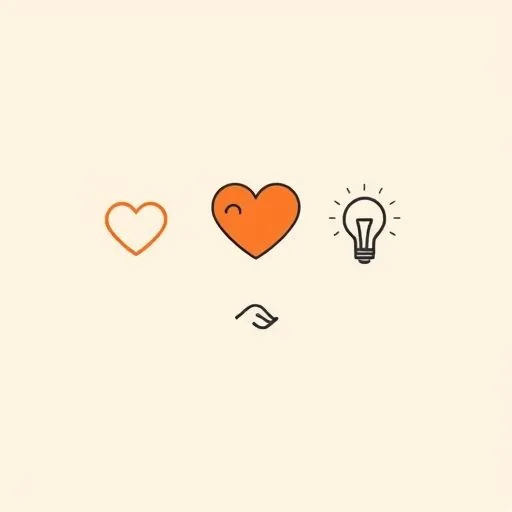
Research shows specific tasks are evolving, but human strengths remain irreplaceable. While AI excels at generating 3D models or environment designs, it cannot replicate the emotional intelligence that transforms good storytelling into great art. It cannot understand cultural nuance the way a diverse creative team can. It doesn’t experience joy when a scene finally clicks together.
This is where our professional hope lies—in doubling down on what makes us uniquely human. Empathy. Collaboration. Ethical decision-making. Creative problem-solving. These aren’t soft skills; they’re future-proof capabilities. The professionals thriving in this transition are those cultivating these strengths while learning to leverage AI for what it does best: handling repetitive tasks, generating options quickly, and working at scale.
Your Adaptability Toolkit: Three Immediate Steps
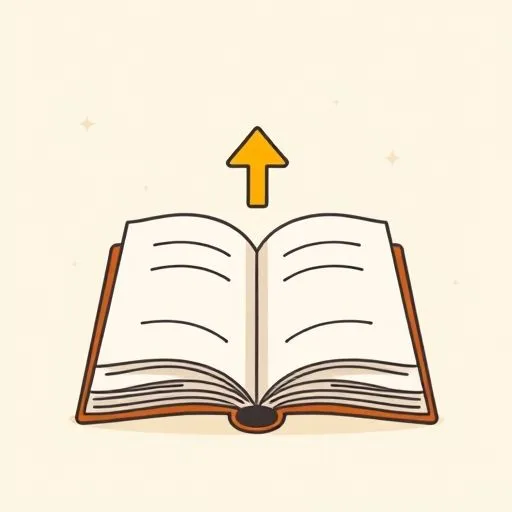
First, become bilingual in human and tech languages. Understanding how AI tools work doesn’t require becoming an engineer—just developing enough literacy to collaborate effectively. Second, identify your uniquely human value. What emotional intelligence or creative insight do you bring that algorithms can’t replicate? Third, embrace continuous learning not as a burden but as an adventure. The most resilient professionals I know treat skill-building like exploring new territory—there’s excitement in discovering new capabilities.
This isn’t about starting over—it’s about building upon the foundation you’ve already created.
Writing Your Next Chapter with Purpose
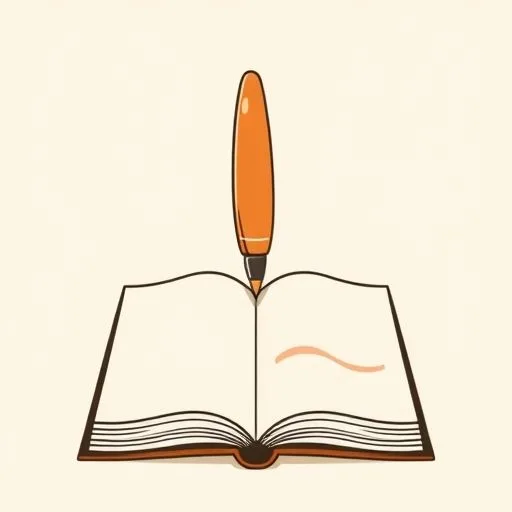
Ever wondered what happens when your kid asks, ‘Dad, can AI draw my favorite dragon?’ Well, that’s exactly the kind of curiosity we need to embrace! The changing landscape invites us to reconsider our professional narratives. Maybe you’re not ‘losing’ your job so much as being offered a chance to redefine it. Perhaps the skills that made you successful yesterday need augmentation for tomorrow.
I’ve watched professionals transform anxiety into opportunity by asking one powerful question: ‘What can I create now that wasn’t possible before?’ Sometimes the answer involves using AI to handle tedious aspects of their work, freeing them for higher-value creative decisions. Other times, it means pivoting to entirely new roles that emerge from technological change. The constant is their willingness to see change not as threat but as invitation.
The Collective Journey Forward
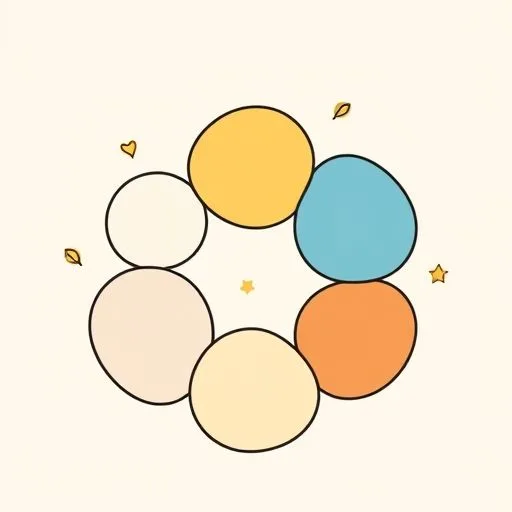
What encourages me most about this transition isn’t technology itself, but how it’s prompting deeper conversations about value, creativity, and community. The concerns about job displacement are real and valid, but they’re also sparking important discussions about retraining programs, ethical AI use, and preserving human creativity in the digital age.
We’re not navigating this alone. Across industries, professionals are forming learning communities, sharing knowledge, and supporting each other through transitions. This collective wisdom—this shared commitment to lifting each other up—may be our greatest asset. Because ultimately, the future of work isn’t about humans versus machines; it’s about humans and machines creating better outcomes together.
As Critterz heads toward its 2026 release, it represents more than just a film—it’s a mirror reflecting our own professional journeys. The question isn’t whether change will come, but how we’ll meet it: with fear or with curiosity, with resistance or with resilience. The tools may be new, but our capacity to adapt, create, and find meaning in our work—that’s the timeless story that gives me hope.
Source: OpenAI is on board with a feature-length generative AI film — ‘Critterz’ raises concerns of job loss in Hollywood, Windows Central, 2025/09/11 11:31:00
